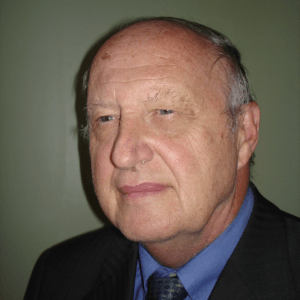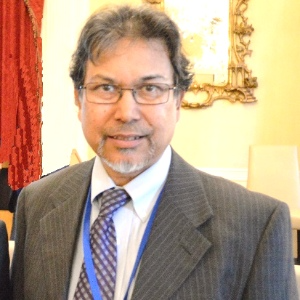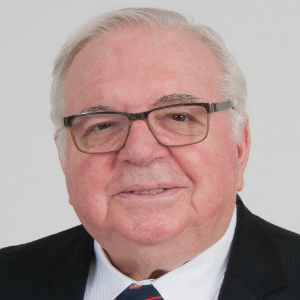Material characterization is the measurement and determination of a material's physical, chemical, mechanical, and microstructural properties. This technique provides the greater degree of awareness required to handle significant issues such as failure causes and process-related concerns, as well as allowing the manufacturer to make critical material decisions. The complexity of materials and devices is increasing. As a result, the methodologies and procedures utilized to investigate and characterize them must become increasingly sophisticated. To support technical endeavours, materials scientists use both standardized analytical procedures and specialized application-specific advanced techniques.
Material modelling thus faces the difficulty of high-dimensional parameter spaces, where a large number of parameter combinations must be sampled and thoroughly examined. Given the generally high-dimensional parameter space of interest, relying on experiments is typically prohibitively expensive. As a result, the combination of experimental and computational methodologies is gaining popularity. Due to recent advancements in computing power and simulation methodology, computational modelling techniques are increasingly widely used in materials research, as they can enable rapid testing of theoretical predictions or understanding of complex experimental data at a low cost.
Human needs and desires have always driven material growth, and this is expected to continue in the foreseeable future. By 2050, the world's population is predicted to reach 10 billion people, resulting in increased need for clean and efficient energy, customised consumer products, reliable food supply, and professional healthcare. The key to overcoming this difficulty will be the development of new functional materials that are created and tuned for specific qualities or behaviours. Advanced materials are typically discovered empirically or through experimental trial-and-error methods. Data-driven or machine learning (ML) technologies have created new possibilities for the discovery and rational design of materials as massive data generated by modern experimental and computational techniques becomes more widely available.
- Material design protocol
- Data analysis in material science
- Advancements in this field

Ephraim Suhir
Portland State University, United States
Thomas J Webster
Interstellar Therapeutics, United States
Robert Buenker
University of Wuppertal, Germany
Will Skene
Montreal University, Canada
Valeriy A Buryachenko
Micromechanics & Composites LLC, United States
Anis Rahman
Applied Research & Photonics, Inc, United States
Will Skene
Montreal University, Canada
Robert Guidoin
Laval University, Canada
Robert Buenker
University of Wuppertal, Germany


Title : Introducing picotechnology: An exciting extension of nanotechnology
Thomas J Webster, Interstellar Therapeutics, United States
Title : The failure of both einsteins space-time theory and his equivalence principle and their resolution by the uniform scaling method
Robert Buenker, University of Wuppertal, Germany
Title : Material challenges with proton conducting ceramics for intermediate temperature hydrogenation/dehydrogenation applications
Saheli Biswas, Commonwealth Scientific and Industrial Research Organisation, Australia
Title : Porphyrin layers at metal-electrolyte interfaces monitored by EC-STM and CV
Marek Nowicki, University of Wroclaw, Poland
Title : Color control of electrochromes by structural modification
Will Skene, Montreal University, Canada
Title : Make experiments more efficient: Two simple and powerful approaches. Mg2Si growth for photovoltaic and thermoelectric applications
Alexander S Gouralnik , Institute of Automation and Control Processes, Russian Federation
Title : Reconfigurable antenna structures using tunable materials
Nasimuddin, Institute for Infocomm Research, Singapore
Title : (0, 1 and 2) Dimensional hybrid architecture of the synthesized materials leads the smart sensing of the gaseous species at low/room temperature
D R Patil, North Maharashtra University, India
Title : Enhanced grain refinement, precipitates regulation, and improved mechanical properties of cast Al-Li alloy by Ti addition and heat treatment
Lixiong Shao, Shanghai Jiao Tong University, China
Title : Broadband sound attenuation of shape memory polymer with triangular-honeycomb unit cell metamaterial structural design
Musaab Ejaz, Universiti Teknologi PETRONAS (UTP), Malaysia